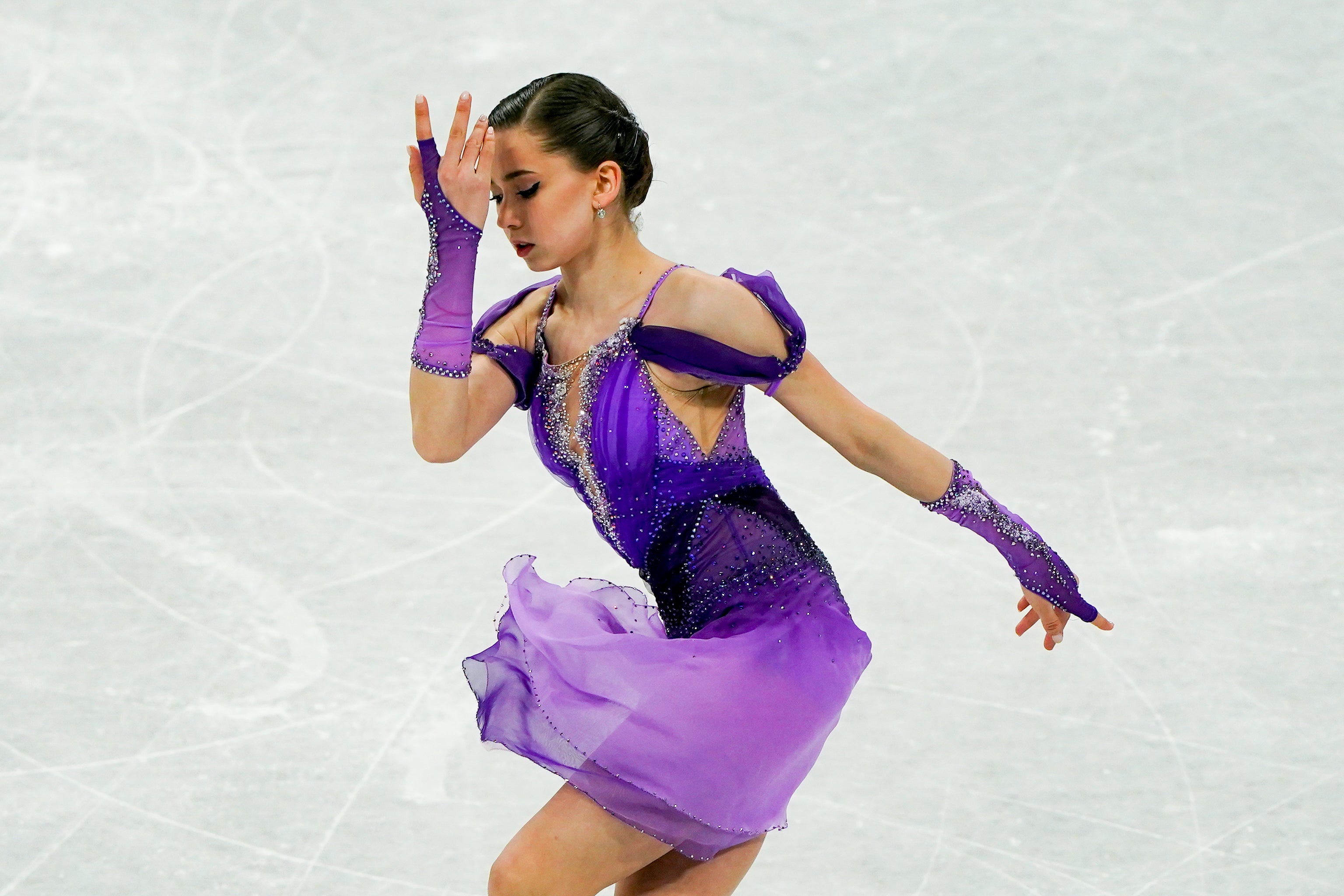Winter Olympics: Skating Union proposes raising minimum age to help athletes cope with psychological demands
15-year-old Kamila Valieva finished fourth in the women’s singles at Beijing 2022 after a positive test for a banned substance was revealed during the Winter Olympics

Your support helps us to tell the story
From reproductive rights to climate change to Big Tech, The Independent is on the ground when the story is developing. Whether it's investigating the financials of Elon Musk's pro-Trump PAC or producing our latest documentary, 'The A Word', which shines a light on the American women fighting for reproductive rights, we know how important it is to parse out the facts from the messaging.
At such a critical moment in US history, we need reporters on the ground. Your donation allows us to keep sending journalists to speak to both sides of the story.
The Independent is trusted by Americans across the entire political spectrum. And unlike many other quality news outlets, we choose not to lock Americans out of our reporting and analysis with paywalls. We believe quality journalism should be available to everyone, paid for by those who can afford it.
Your support makes all the difference.The International Skating Union (ISU) has proposed raising the minimum age for senior figure skating competitions to 17 from 15 before the 2026 Winter Olympics to help young athletes cope with the physical and psychological demands of the sport.
Under proposals listed in the agenda for its 58th congress in Thailand next month, the sport’s governing body said it hoped to gradually increase the minimum age over the next three years before the Milano Cortina Games.
“It is conceivable that allowing underage athletes to compete may subject them to loads and risks that are thought to be inappropriate for their age,” the ISU’s medical commission wrote in the proposal.
“Not only physically, but in terms of the psychological and social development of the child. Junior athletes need to cope with multiple stressors on their pathways towards elite sport.”
The proposal comes after then 15-year-old Russian Kamila Valieva tumbled to fourth place in the women’s singles event at the Beijing Winter Olympics this year, yielding to the pressure of a doping controversy.
The ISU medical council said young athletes were exposed to high physiological loads caused by training and competitions.
“Ultimately, performance enhancements are normally the central concern for ambitious athletes, as athletes themselves and by others are continually evaluating their accomplishments,” the medical commission added.
Reuters
Join our commenting forum
Join thought-provoking conversations, follow other Independent readers and see their replies
Comments